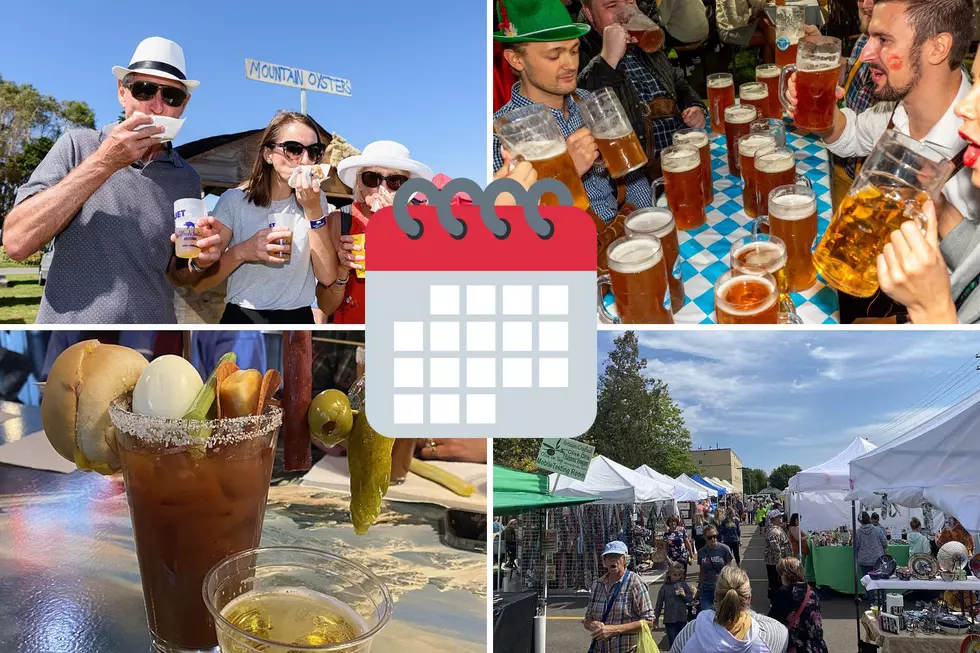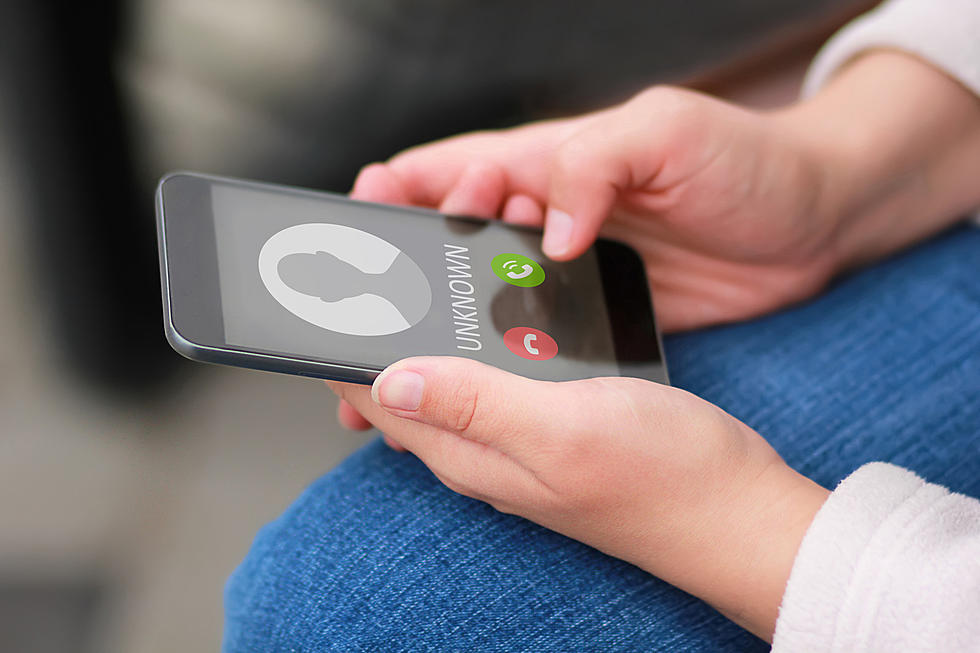
Minnesotans Will No Longer Receive Free Covid Tests as of Friday
We have been dealing with this for over 2 years now. Covid, Covid testing, quarantine, social distancing, etc. You know the drill.
Have we now turned a corner? Kind of. The CDC has conceded that we are going to be dealing with COVID from now on in some form or another. People are going to get sick. If you are sick (symptomatic) stay home. If you just came home from a vacation, maybe stay away from people (for the most part) for a few days to make sure you didn't get sick while on vacation. It's just the world that we are living in now.
For the last year, or so, anyone has been able to get free Covid tests from covidtest.gov. That program will be ending on Friday. Personally, I never got any of those tests. I just figured if I was sick I'd stay home. Easy. Same as you would any other time. If you don't feel well you stay home. Does it really matter if it's Covid or not? Probably not. General rule - sick? Stay home. It would probably matter more if you were going somewhere where the elderly or immune compromised are. Like assisted living or a nursing home or something along those lines.

According to NBC news, the reason for stopping the free test giveaways are to make sure that there is enough tests for people in case we have a Fall Covid surge again. Or, unless there is some more funding that comes from congress... no one sees that happening. So, the free tests end on Friday until further notice.
Until then... as you were.
States with the most registered hunters
LOOK: The most expensive weather and climate disasters in recent decades
More From KRFO-FM

![Tyler Hubbard Delights With ‘5 Foot 9′ Performance on ‘Today’ [Watch]](http://townsquare.media/site/204/files/2022/08/attachment-Tyler-Hubbard-5-Foot-9-Today-Show.jpg?w=980&q=75)


![Eric Church, Shooter Jennings + More Appear in First Trailer for ‘They Called Us Outlaws’ [Watch]](http://townsquare.media/site/204/files/2022/08/attachment-EricChurch-2.jpg?w=980&q=75)




